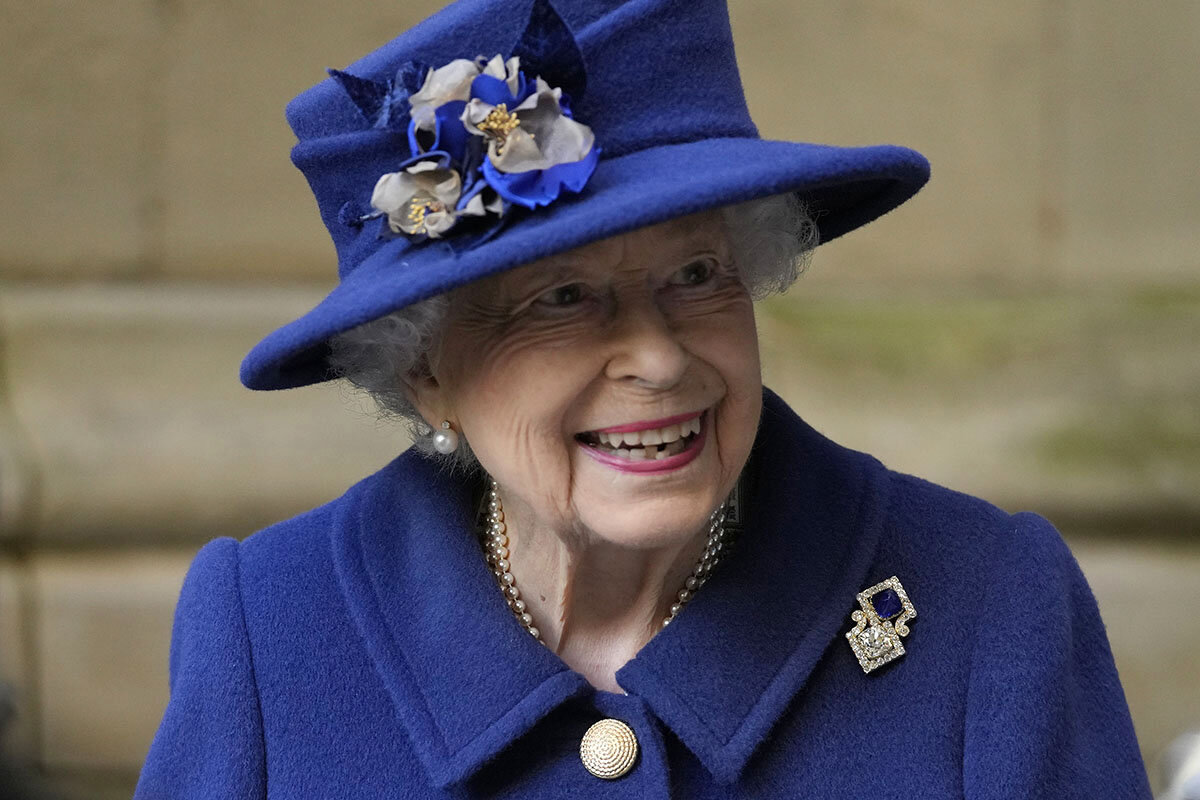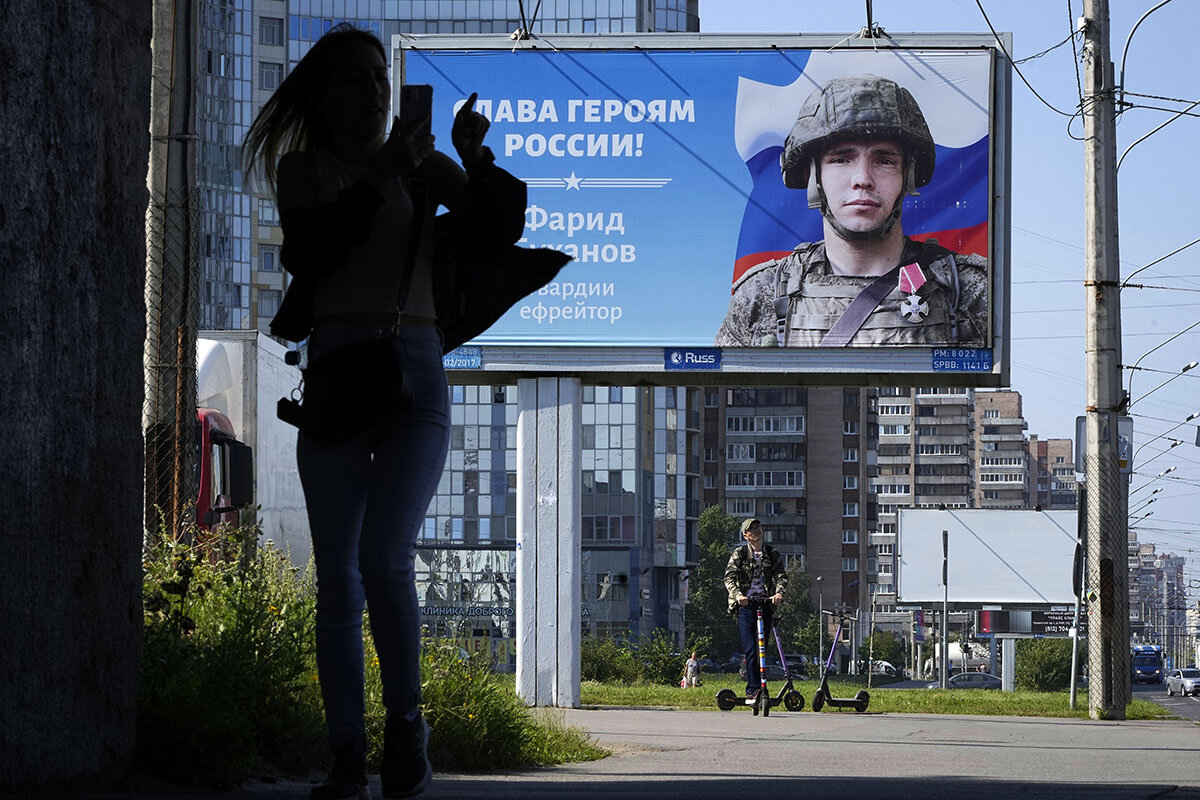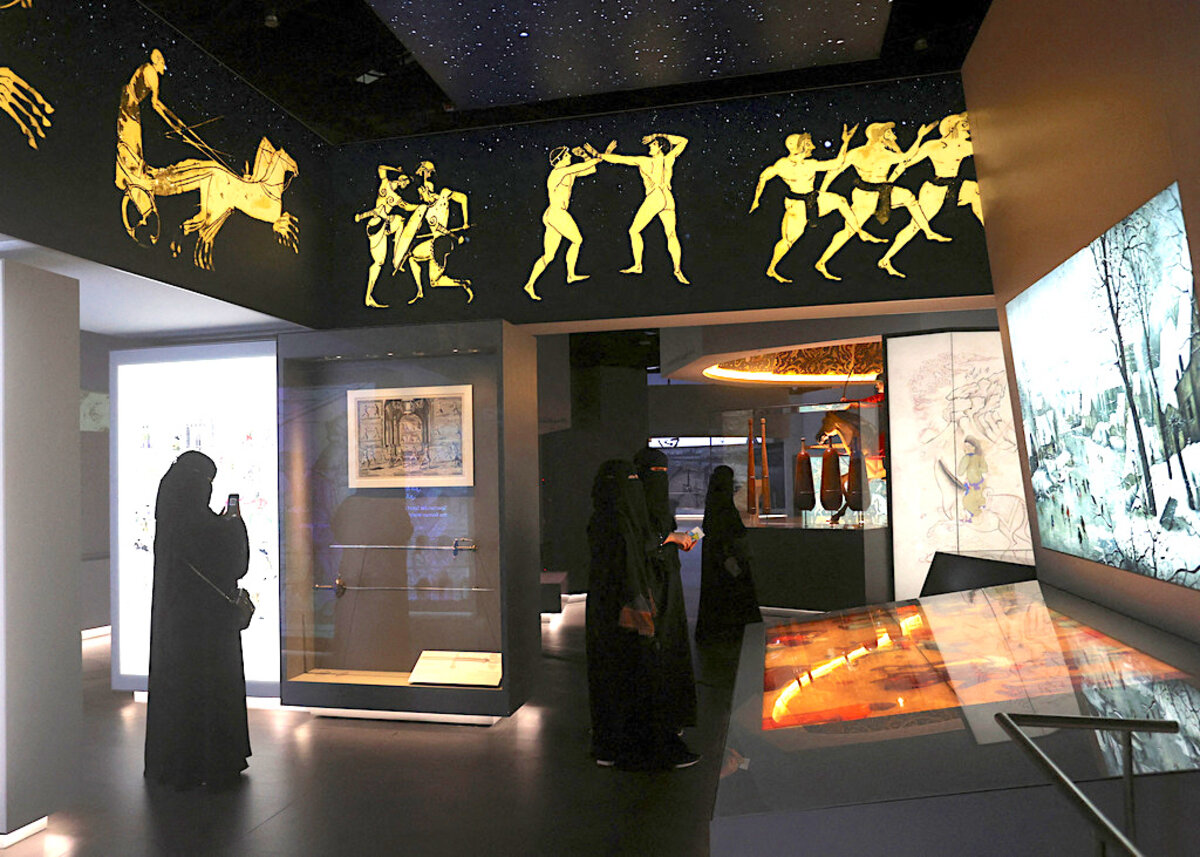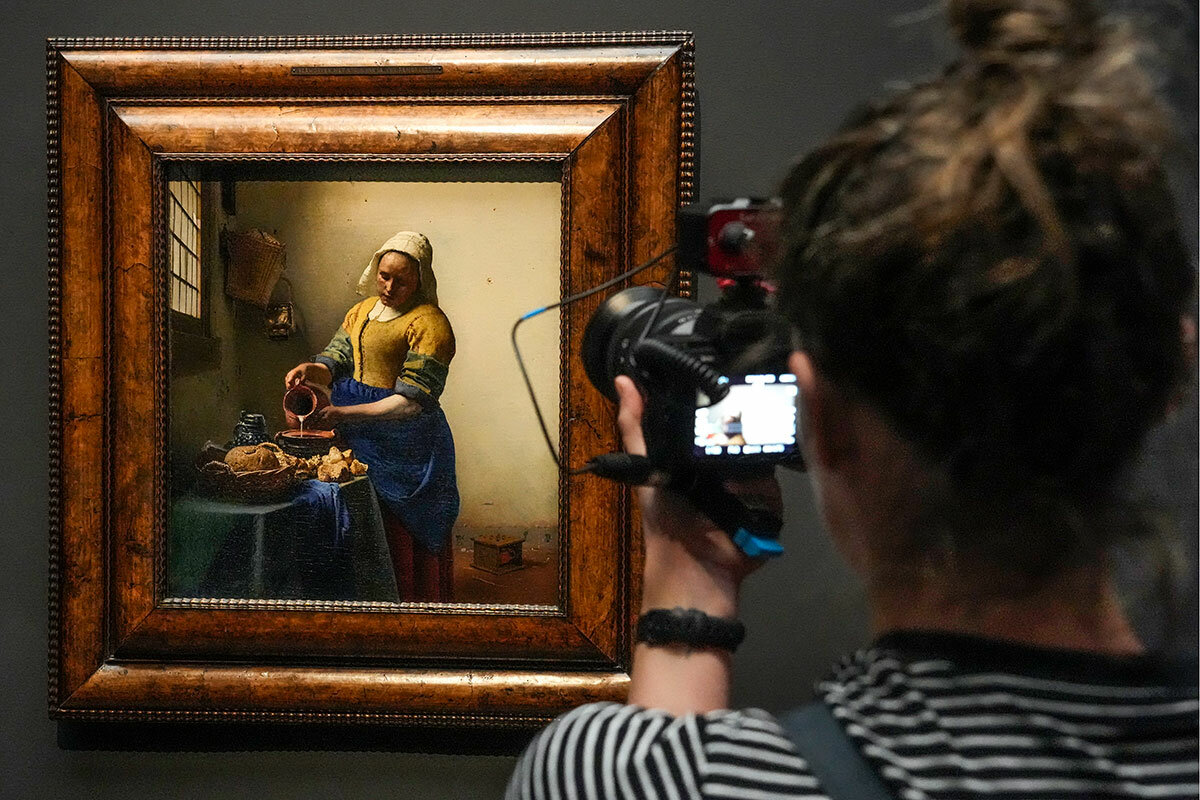Queen Elizabeth II oversaw Britain’s struggle to define itself in the postwar era. Yet through the tumult, the queen’s legacy has been to maintain a sense of purpose – for country and monarchy – when pessimism and insecurity could have led Britons to turn their backs.
Monitor Daily Podcast
- Follow us:
- Apple Podcasts
- Spotify
- RSS Feed
- Download
 Linda Feldmann
Linda Feldmann
If ever modern-day Washington needed someone to unite around and root for – someone who transcends red vs. blue – it may be now. The tennis world has provided just that figure: a phenom named Frances Tiafoe of nearby College Park, Maryland, who has taken the U.S. Open by storm.
He upset the legendary Rafael Nadal on Monday, then rolled over Andrey Rublev of Russia on Wednesday. With that, Mr. Tiafoe becomes the first American man to make the U.S. Open semifinals since 2006.
Just as compelling as his tennis prowess is his life story. As a kid, Mr. Tiafoe often lived in a spare room at the Junior Tennis Champions Center in College Park, where his father, an immigrant from Sierra Leone, was head of maintenance. The young Mr. Tiafoe and his twin brother would sleep on a massage table. Their mother, also from Sierra Leone, worked double shifts at a nursing home.
At age 15, in 2014, he won the international junior tennis championship, and made headlines last year when he beat Stefanos Tsitsipas, then-ranked No. 4 in the world.
Today, Mr. Tiafoe’s play is described as fearless and joyful. He’s improved his fitness regimen, but knows how to maintain perspective.
“He never gets upset,” Komi Oliver Akli, an official at the College Park tennis center who has known Mr. Tiafoe since he was 5, tells The New York Times. “Never. He’s always happy on the court, enjoying himself on the court.”
His on-court exuberance echoes that of a young LeBron James – who tweeted congrats to the “Young King” after Monday’s victory.
For American tennis fans, Mr. Tiafoe’s timing couldn’t be better. Just as we’re saying goodbye to Serena Williams at the end of her remarkable career, there’s a rising star to celebrate.
And here in Washington, tennis fans will take special interest Friday when our homegrown phenom takes center court.










